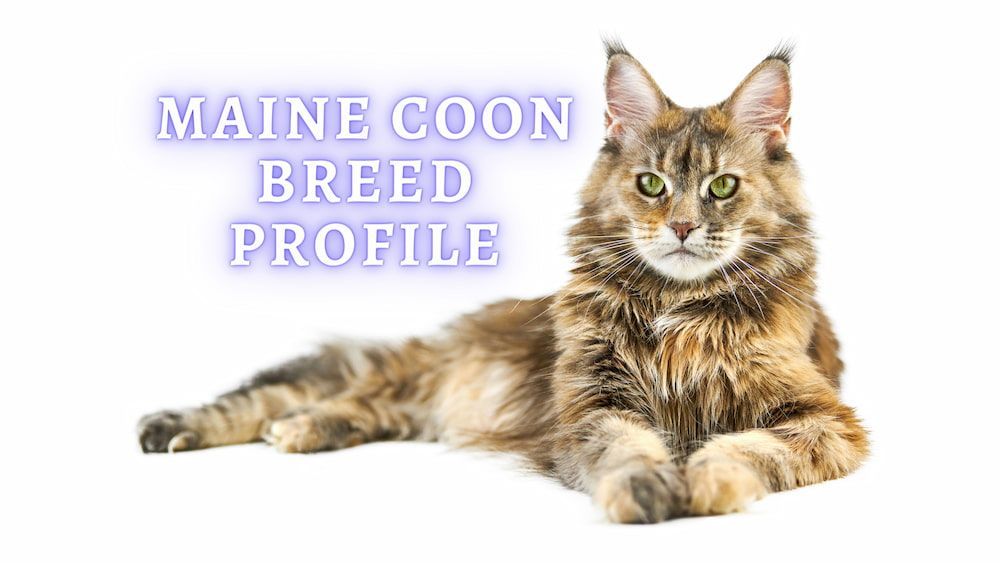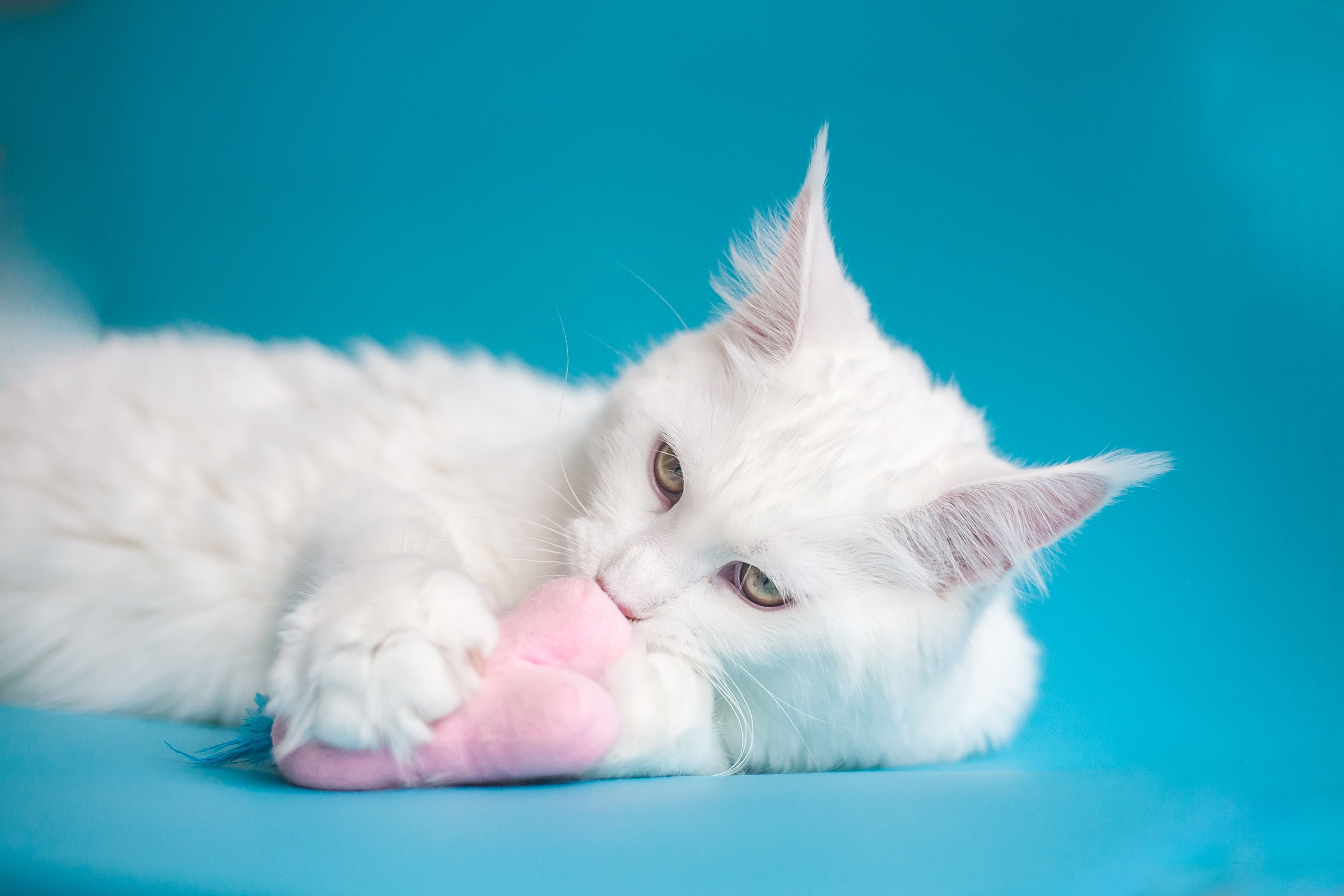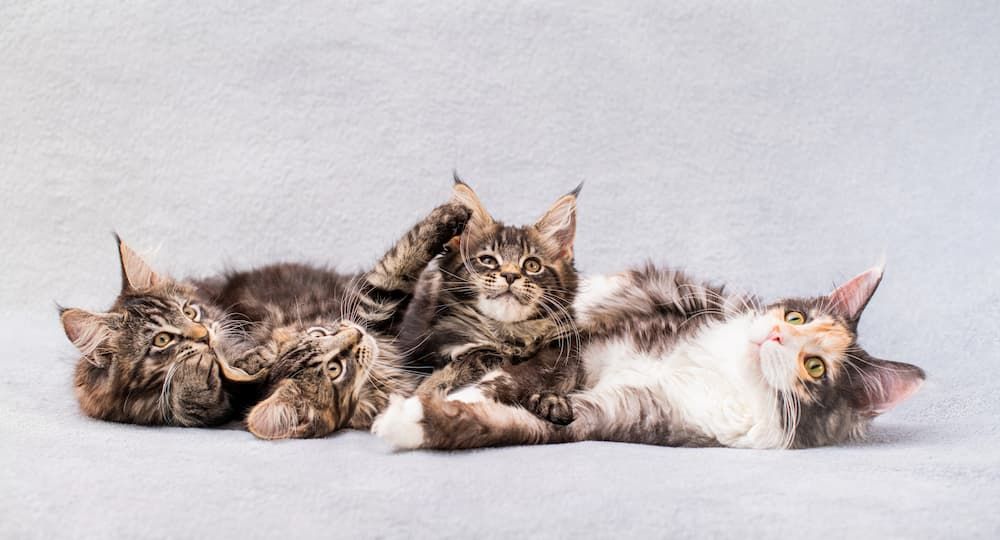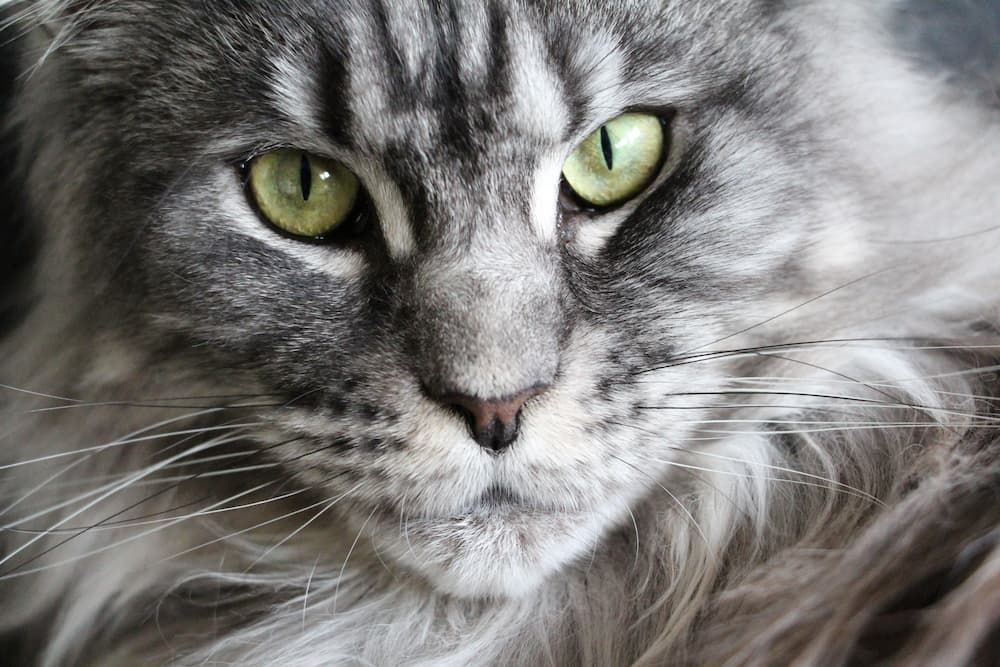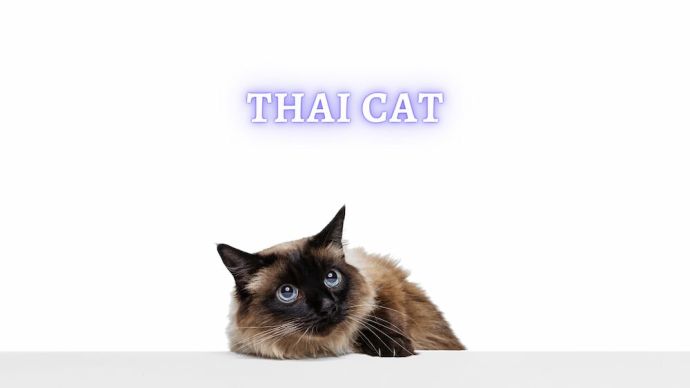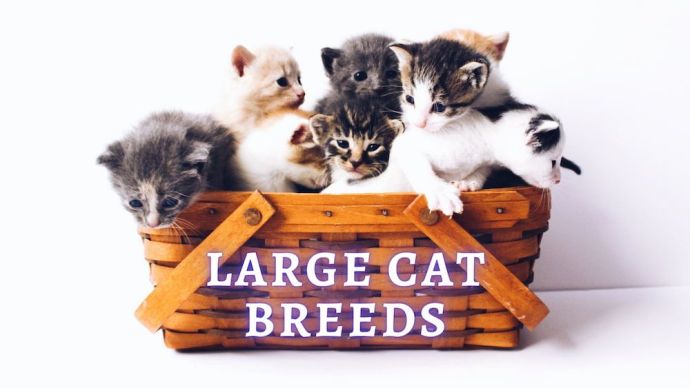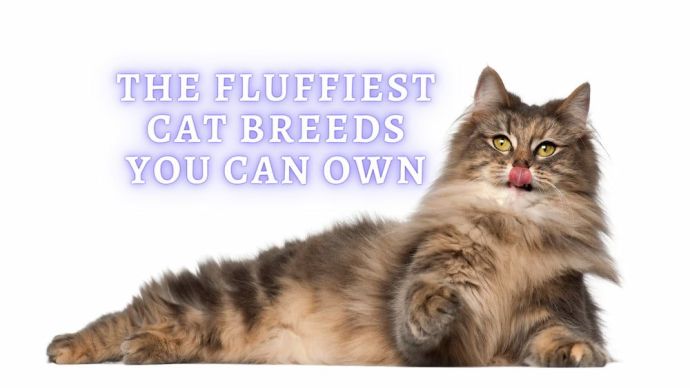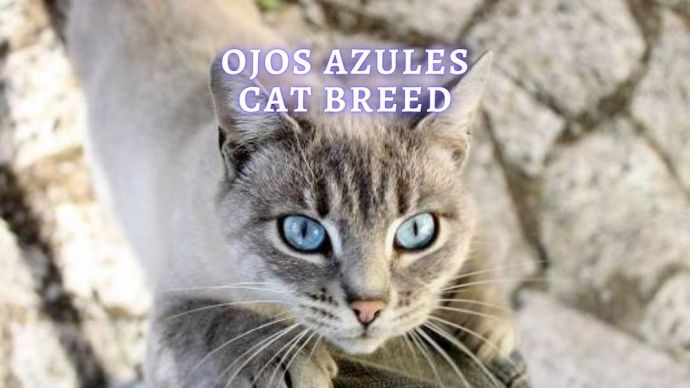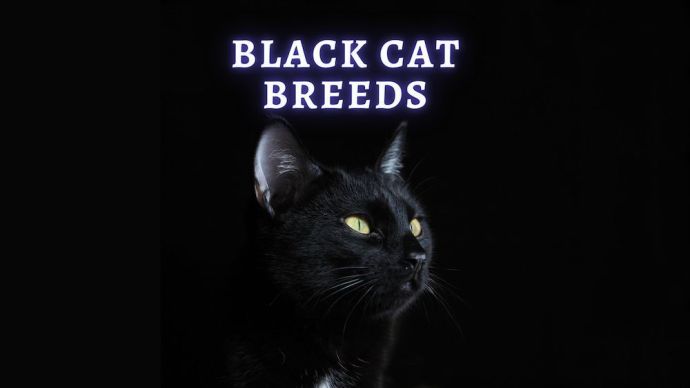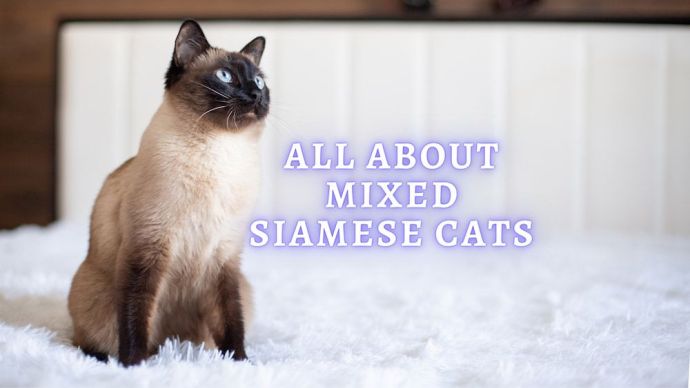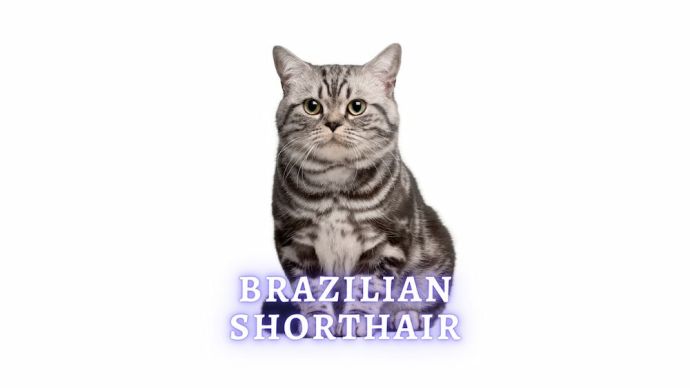Maine Coon: Personality, Size, Lifespan, Price, Rescue
Written by:
Author: Alina Andreeva
Alina A. is a professional writer, editor, and pet-lover. She has published over 50 articles on how to care for pets properly. Alina has been writing articles for 3 years, so she has considerable experience in this niche. Her natural curiosity helps her to expand her knowledge and learn new pet care life hacks, which will make your life much easier.
View all 79 articlesLearn about our editorial process and veterinary review board.
Viewed: 427
Updated on: 04/05/2023
The Maine Coon is the largest of house cats. He has a sturdy, broad-chested body and weighs 6.5 to 18 pounds. At home with kids, dogs, or older adults, the Maine Coon is a perfect pet, quickly earning its status as one of the most popular breeds in the US.
The sweet-tempered Maine Coon has a curious nature. He loves his human family and exemplifies the nickname “gentle giant.” The cat is not demanding attention, but he is happy when his owner gives him some lap time. The Maine Coon will follow you around and be interested in what you are doing, but if you close the door on him, he will wait for you to see the error of your ways and let him in. This cat gets along well with everyone and can become a good feline companion for you and your family members.
Characteristics
| Weight | 6.5-18 pounds |
| Height | 10-16 inches |
| Colors and Patterns | approximately 85 different fur colors and color combinations: black, black-white, blue, blue-grey, brown, cream, silver, ginger, etc. |
| Lifespan | 12-15 years |
History
The Maine Coon is considered native to the United States and hails from Maine, where the cat was known as an excellent mouser and farm cat. Many imaginative stories surround the origin of the breed — some more believable than others. One story alleges that he is the result of crossing a raccoon and a cat, thus the name Maine Coon. However, this is biologically impossible. Some say the Vikings might have brought the cats with them to America. Others say that they descend from French long-haired cats sent to Maine in advance by Marie Antoinette before her planned escape from France. The most likely story is that of a cross between short-haired domestic cats already in this country and long-haired foreign cats brought by ship from Europe with sailors. Wherever they came from, Maine Coon cats were viewed as barn felines, highly valued for their skill as a mouser.
The first published reference to the Maine Coon comes from 1861, mentioning a black-and-white cat named Captain Jenks. A female Maine Coon won Best Cat in 1895 at a cat show in Madison, WI. Today, these large, fascinating cats are among the most popular pedigreed cats in the world.
Interesting Facts
1. A Maine Coon holds the record for the longest domestic cat.
A grey Maine Coon by the name of Stewie holds the record for the longest house cat in the world. He measures 48.5 inches from nose to tail. Stewie was purchased from a breeder in Hermiston, Oregon in 2005. The cat parent Robin Hendrickson decided to put Stewie in the Guinness Book of Records only after talking with friends who convinced her to do so. Above that, this kitty also holds the record for the longest feline tail. Sadly, Stewie died in 2013 of cancer when he was eight years old.
2. Maine Coons have the longest whiskers in the world.
These cute balls of fur have the longest whiskers among cats of all breeds. Their whiskers are very sensitive and as wide as their body. In no case should you cut them, as this is both harmful and painful for the Maine Coon. Providing effective sensory information, whiskers help kitties to hunt and explore their surroundings. The longest whiskers on a cat belong to Fullmoon’s Miss American Pie (or just Missi), a Maine Coon who lives with her human companion, Kaija Kyllönen, in Finland. According to Guinness World Records, her whiskers measure 7.5 inches long!
3. A Maine Coon starred in the Harry Potter movies.
Do you remember a shaggy cat wandering about the corridors of Hogwarts School of Wizardry in the Harry Potter movies? This is Mrs. Norris – a female Maine Coon. Pebbles (her real name) was one of five kitties who played the feline companion of the castle’s caretaker Argus Filch. She was a spayed mother cat who was discovered by trainers in the Kittycoonz cattery in the southwest of England. It is interesting to note that J.K. Rowling described Mrs. Norris in her books as a skinny and messy cat, but Maine Coon cats are usually well-groomed and stocky. To preserve the original feel of Mrs. Norris, feline trainers, and makeup artists used special tools to give their feline protégé a more ragged and messy look while on set.
4. A Maine Coon has been cloned successfully.
In 2004, a Maine Coon named Little Nicky became the first commercially produced clone. After he died at the age of 17, the cat parent Julia from Texas saved his tissue in a gene bank. She paid $ 50,000 to a California-based biotech company to have him cloned. A surrogate mama cat gave birth to a kitten similar to the woman’s pet. According to Julie, the cloned kitty didn’t just look like Little Nicky; he also had many of the same personality traits. However, in 2006, the cat and dog cloning company closed.
5. Maine Coons may have extra toes.
In the early stages of the breed’s development, Maine Coons were often polydactyl, which means they were born with extra toes. Some experts estimate that about 40% of early Coons had this trait. Some people believe that this genetic mutation helped kitties pad through the snow during snowy winters. However, technologists and cat breeders did not like this feature and the number of Maine Coons with 6 toes gradually decreased.
Polydactyl Maine Coons are sometimes called “Hemingway cats”. Rumor has it that Ernest Hemingway was very fond of these cats, and there is still a Maine Coon colony near his house in Key West.
Personality
The good-natured and sociable Maine Coon adapts to any environment and lifestyle easily. They are true family members and have the habit of following people around, but they aren’t clingy. They are happy to be the focus of your attention, but if you are busy, they are satisfied to follow you from room to room and supervise your doings. The Maine Coon is not usually a lap cat, but he likes to be your companion. He will eagerly participate in different family routines, whether watching TV from the comfort of the sofa or following you around.
They also retain their mousing talent. No rodents will survive in a home where the Maine Coon prowls around. Even if there are no mice for them to chase, they will retain their skills by playing with toys and grabbing them with their large paws. They are very smart and enjoy playing with different toys that challenge their brains.
As befits a former sailor, Maine Coons have a passion for water. Some cats of this breed will join their owners in the shower or walk around on the wet floor after they get out. They like to touch the water with a curious paw while standing on the edge of the bathtub.
Not especially vocal, they communicate in a soft, chirping trill. They are perfect pets for people who will love them and comb their magnificent coats every week.
| Potential for playfulness | 4 |
| Activity level | 3 |
| Friendliness to other pets | 4 |
| Friendliness to children | 4 |
| Grooming requirements | 4 |
| Need for attention | 3 |
| Affection toward its owners | 4 |
| Intelligence | 4 |
| Independence | 4 |
Exercise Requirements
Being big kitties, Coons are prone to obesity. So they need to participate in a regular good exercise, just like pooches. If you plan to keep your fluffy friend indoors (as many cat parents do), you will need to make sure he gets enough exercise and mental stimulation every day.
If you ignore exercise, your fur baby will have a rather boring life: eating, sleeping, washing, repeat. This can lead to inappropriate behavior, boredom, and an unhealthy overweight feline.
READ MORE: Best Cat Food for Weight Loss
RELATED: Best Cat Toys
Outdoor life
Outdoor Maine Coons usually have enough physical activity, because nature provides them with many ways to exercise. For example, felines like to climb trees and fences or enjoy stalking birds and other small animals. The hunting process of chasing and capturing prey actually releases endorphins in the feline’s brain. Hunger does not affect hunting behavior – many cats with enough food will still want to hunt. Cats are very active and curious, and doing various types of exercises helps to keep their muscles in good shape. Busy kitties are much less likely to suffer from obesity and associated health issues.
However, free-roaming kitties face many dangers outdoors. One of the most common hazards for street cats is cars. An outdoor Maine Coon running across the street is an ideal target for a moving vehicle. Another danger is an aggressive neighbor dog. He can injure or even kill your sweetheart, especially if your kitty has learned to trust dogs. Be aware of the dangers posed by other cats. Intact cats are especially prone to territorial fights with other felines. If your fur baby gets into a territorial fight with another feline and gets bitten, it could lead to the spread of life-threatening diseases.
Indoor life
You can choose to leave your Maine Coon indoors for a variety of reasons, whether it is to protect your kitty against outdoor hazards or prevent transmission of infectious diseases. For indoor-only cats, it is especially important to get adequate exercise to keep them healthy and happy as they do not burn off the steam running about the streets. There are several ways to help your Maine Coon stay active. We have prepared several suggestions.
- Companion for your kitty. Many Maine Coons enjoy spending time with other cats or even dogs. Playing, chasing, and cuddling can satisfy your domestic kitty’s need for exercise and affection while you are not around.
- Playtime and interactive toys. Coons are more enthusiastic about games than any other cat breed. They can be occupied for hours with toys they find interesting. Take twenty minutes a day to play with your sweetheart. Use laser toys, kitty fishing poles, battery-powered mice, or catnip toys. Make them run around. Just twenty minutes a day is all a Maine Coon needs for a healthy and long life. You can also purchase a puzzle feeder that provides kitties with important mental stimulation and entertainment. This is a great way to keep them in good shape and develop their minds.
- Climbing trees. Indoor Coons should have suitable surfaces for scratching and climbing. A cat tree, especially a tall one, can provide a lot of fun. Felines can reach high places, jump from perch to perch, and have ample space for scratching. All this is a great way for them to exercise. Kitties have individual preferences and prefer different scratching posts and surfaces. So before buying a cat tree, find out first, how high your fur baby likes to climb. Make your purchase accordingly.
READ MORE: Best Cat Trees for Large Cats
Health
The Maine Coon can live up to 15 years. Lifespan also depends on the cat’s nutrition and the quality of care. They do not get ill often, but even these large cats can become sick. Mostly they are predisposed to the following diseases:
Hypertrophic cardiomyopathy is the most common disease for these cats. It can lead to the thickening of the heart muscle. An echocardiogram can determine whether your cat has this disease.
Do not trust breeders who claim that their pets are protected from the above illness. This disease can develop even in the healthiest pets. Therefore, before mating the Maine Coon, conduct a complete study of the body. [3]
When buying a pet, request medical certificates for vaccinations and examinations of the kitten’s parents from the breeder.
As for hip dysplasia, a sick cat may experience pain, which leads to lameness. A sick cat cannot jump and moves very slowly. As soon as the owner notices such signs, he/she should immediately consult a veterinarian. The acute phase of the disease is characterized by weight loss, and the disease requires surgical intervention. Sometimes such an ailment can be hereditary.
Also, another common disease of these cats is muscle atrophy. It is caused by the death of neurons of the spinal cord, which ensure the functioning of the limbs and skeletal muscles. Ultimately, the disease leads to dystrophy. The only way to diagnose the disease in the early stages is to examine the cat’s DNA.
Care
On average, it takes three to four years for the Maine Coon to reach maturity. While they are calm, loyal, and affectionate, they are not inclined to be lazy lap cats. This cat tends to love his freedom but can captivate you easily. When he is ready, he will climb into your lap on his own.
Their long, silky hair requires an average amount of grooming, as it doesn’t mat easily. Give his glorious coat a weekly combing to remove hairballs and dead hair. Bathe your cat when his fur feels greasy or looks stringy. Cut your cat’s nails twice a month. Brush his teeth weekly to help your cat maintain his dental hygiene.
Rescue and Adoption
You might be wondering whether you can find a Maine Coon kitty in a shelter or rescue center, and why you should adopt one if you can just purchase this cat from a reputable breeder. One of the main advantages of adopting a Maine Coon is that the price will be much lower than purchasing from a breeder. At an animal shelter, there is an adoption fee that ranges from $25 to $300, making it a more affordable option.
Of course, a pure breed will be more difficult to find than a crossbreed. However, if you are less choosy about the feline you want to bring home, you can opt for a Maine Coon-like cat. If you get a kitty from an animal shelter or rescue center, it is highly likely that it will not be a pure breed. But keep your head up! Although it is rare, you can sometimes find a purebred Maine Coon in a shelter.
Price
If you want to buy a purebred Maine Coon, you have to contact a reputable breeder, but it can cost a bundle. The average price is around $1,000, starting at $300 and peaking at $2,200. This price depends on several factors. They include:
1. Certification from a veterinarian
An official certificate from a recognized veterinary doctor ensures that the Maine Coon has received all the vaccinations in time and possesses good health. This certificate ensures that all the necessary vaccines are delivered on time, and meeting this standard will increase the cost of this feline. The minimum amount you have to pay for the certified Maine Coon is $400. Sterilized cats are usually cheaper than viable ones.
2. Age
People prefer to buy kittens because they can name and condition their fur babies. This makes them more expensive than older cats. Senior Maine Coons may go for an average of $600. These kitties may appear on the market because they are retired breeding felines or their human companions can no longer take care of them.
3. Color
You will have to pay more for the one-color Maine Coon because they are popular and more difficult to breed. This is especially true for the white, orange, and black Maine Coon. In contrast, the Maine Coon with classic spotted, or ticked markings is also popular but very common. So they will not leave you penniless because they are a bit cheaper than one-color Coons.
4. Health status
Healthy Coons have shiny fur and proper weight. A Maine Coon without genetic disorders will cost more than one with health problems. The Maine Coon’s health is often tested using a pee sample to find out any abnormalities. Maine Coon cats should be specifically screened for hypertrophic cardiomyopathy, a condition to which they are susceptible due to their big size.
5. Quality
There are three main breed standards that affect the Maine Coon price:
- Pet quality – The Maine Coon may have some physical traits or temperament that does not allow her to participate in cat shows, but they still can be excellent pets. This is the cheapest quality status and usually go for $400 and upwards.
- Show quality – A cat has all the qualities needed to take part in cat shows. The price point is a little on the higher end as they can go for up to $2,200.
- Breeding quality – Maine Coons can produce offspring. They are not only viable but also do not have genetic defects and are of show quality. These cats are usually the most expensive.
The bottom line
Having an amiable disposition, the Maine Coon is friendly with other cats and dogs. However, he keeps hunting instincts, so he is not a good choice if you have pet rodents. The Maine Coon is not demanding of attention, but he will want to observe everything you are up to. Good-natured and sociable, the Maine Coon might be a perfect pet for a family with kids.
FAQ
Are Maine Coon cats good pets?
Maine Coons are wonderful pets. They are friendly creatures that get along well with kids. Above that, they get very attached to their human companions, but they remain independent, so they will never get on your nerves.
How much do Maine Coon cats cost?
You can expect to pay from $300 to $2,200. The average cost you can find is $1,500. Don’t buy Maine Coon kittens for less than $300, as there is a slight chance that you will get a healthy purebred cat.
Article Sources:
- Loder, Randall T., and Rory J. Todhunter. “Demographics of Hip Dysplasia in the Maine Coon Cat.” SAGE Journals, journals.sagepub.com/doi/abs/10.1177/1098612X17705554.
- “Familial Hypertrophic Cardiomyopathy in Maine Coon Cats.” AHA/ASA Journals, ahajournals.org/doi/full/10.1161/01.CIR.99.24.3172.
- “Maine Coon Renal Screening: Ultrasonographical Characterisation and Preliminary Genetic Analysis for Common Genes in Cats with Renal Cysts.” SAGE Journals, journals.sagepub.com/doi/abs/10.1177/1098612×13492164.
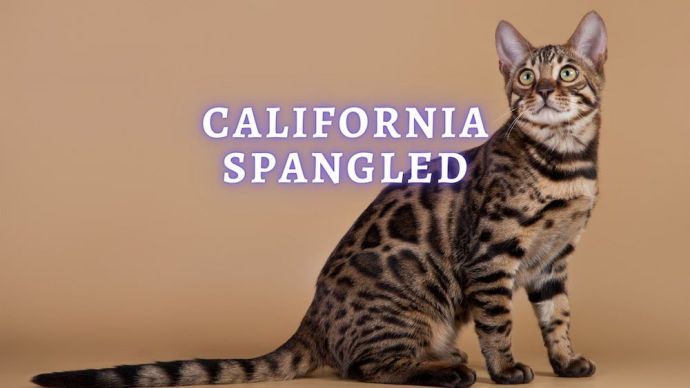 Cat Breeds California Spangled: California Spangled Cat Personality, Breed History, and Interesting Facts
Cat Breeds California Spangled: California Spangled Cat Personality, Breed History, and Interesting Facts - 271
- 0
 Cat Care Why Does My Cat Attack My Legs? 10 Reasons Why and What To Do About It (Vet-Approved Advice)
Cat Care Why Does My Cat Attack My Legs? 10 Reasons Why and What To Do About It (Vet-Approved Advice) - 45566
- 21
 Cat Veterinary Tips Cat Stomach Gurgling: Vet Advice on Why is Your Cat Stomach Gurgling?
Cat Veterinary Tips Cat Stomach Gurgling: Vet Advice on Why is Your Cat Stomach Gurgling? - 35339
- 4
 Cat Veterinary Tips My Cat Lost its Voice: Can Cats get Laryngitis? (Vet Advice)
Cat Veterinary Tips My Cat Lost its Voice: Can Cats get Laryngitis? (Vet Advice) - 23247
- 13









